"They came by helicopter, blindfolded us, and took us away" — Citizen of Uzbekistan recalls details of deportation from the UAE
In November, reports emerged of dozens of Uzbeks being detained in the UAE following the murder of an Israeli rabbi. While some were released and others deported, criminal charges were filed against five individuals. One citizen of Uzbekistan, who spent over 15 days in detention before being deported, shared his experience with Kun.uz.
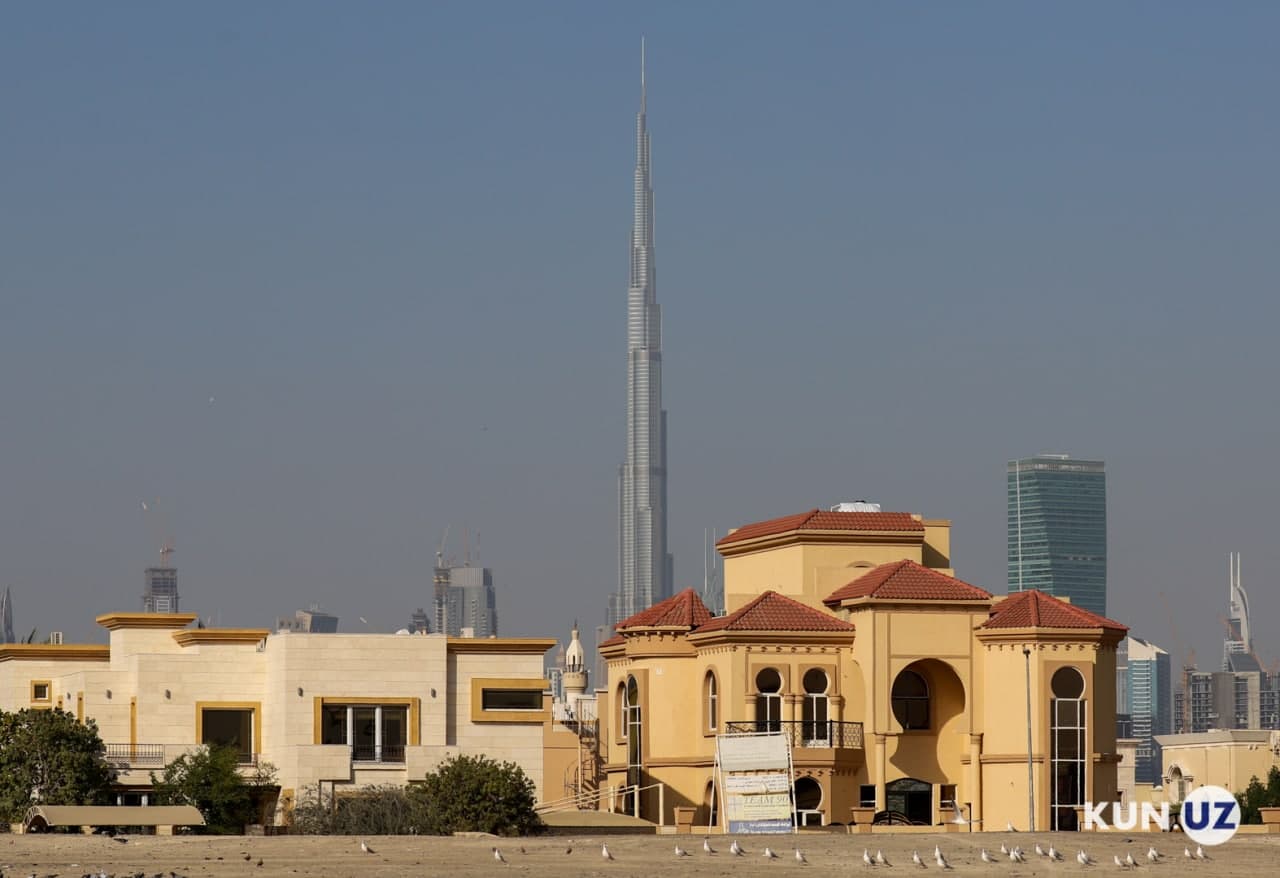
Photo: KUN.UZ
Kun.uz has obtained additional details about the detained Uzbeks in the UAE.
As previously reported, on November 25, following the detention of three Uzbek nationals suspected of involvement in the murder of an Israeli rabbi, a group of Uzbeks living and working in Dubai were also detained. It has now been revealed that the number of detainees was much higher than initially reported — far more than nine individuals.
Seven detainees have since been released. Among them, four had valid UAE work visas and were held between November 25 and December 7. “They were treated well and no physical force was used against them. After their release, they were called to the Uzbek consulate for conversation. They are now back at work,” said the brother of one of the released individuals in a conversation with Kun.uz.
Three others, however, were forcibly deported to Uzbekistan after interrogation. One of these deportees detailed their detention and deportation to Kun.uz.
“After news about the murder of the Jewish rabbi began to spread, drones hovered over our rented villa for three days, monitoring us. We realized something was likely to happen, but we didn’t leave. We just kept working as usual.
One night, black-clad commandos arrived in a helicopter armed with laser-guided weapons. They raided the villa and took us away in a terrifying manner. We were blindfolded, and we had no idea where they were taking us — whether it was a government facility or another location.
At the facility, there were about 50 other Uzbeks and Tajiks. Apart from those I lived with, I didn’t recognize anyone. For the first three days, we were only interrogated. Surprisingly, no questions about the murder were asked. Instead, they asked where we lived, what we did, and what our interests were. They went through our phones endlessly. There was no physical or psychological abuse. We don’t even know who the interrogators were. When they asked which languages I spoke, I mentioned Russian and Turkish. One of the interrogators asked questions in Russian, albeit with an accent and some difficulty.
After the three days of questioning, we were placed in individual dark capsules where we stayed isolated. We could only eat and drink but had no communication with anyone. No one spoke to us or asked further questions, and we couldn’t speak with one another. Eventually, four detainees with work visas were released, and I later learned they remained in Dubai to resume work. However, three of us were blindfolded, handcuffed, and escorted to a plane for deportation. They returned our phones and passports, but my other belongings, including my driver’s license, money, and clothes were left there.
I’m not even sure if this was an official deportation. If we’ve endured so much for something we had no connection to, or if we’ve been permanently banned, it would be deeply unjust,” the deported citizen shared.
Independent sources within diplomatic missions confirmed to Kun.uz that the mass detention of dozens of Uzbek citizens staying illegally in the UAE is accurate. However, the exact number remains unclear. Migrants from neighboring countries may have also been caught in the sweep.
“Those with valid work or student visas were released and have returned to their jobs. Others, particularly those without visas or those on tourist visas, have been deported. Among the deportees were individuals who had rented houses or cars and sublet them to others, violating local laws. Other minor legal infractions were also grounds for deportation.
Meanwhile, criminal cases have been opened against five citizens of Uzbekistan, including charges related to extremism. These cases are unrelated to the three Uzbeks arrested for the rabbi’s murder, whose investigation continues separately. Authorities in the UAE are working in coordination with security services from both countries,” an official from Uzbekistan’s Ministry of Foreign Affairs, speaking anonymously, told Kun.uz.
The UAE authorities have allowed Uzbek diplomats to meet with detained citizens. The issue remains on the agenda at both countries’ foreign ministries and among law enforcement agencies.
Akhror Burkhanov, a spokesperson for Uzbekistan’s Ministry of Foreign Affairs, told Kun.uz: “Most of the temporarily detained citizens have been released and are now freely operating in the UAE. However, some of our citizens engaged in illegal activities have been identified and are expected to be deported soon.”
Timeline: the murder of an Israeli rabbi and its implications for Uzbeks
November 21: The body of Zvi Kogan, an Israeli and Moldovan citizen and UAE resident, was discovered with signs of murder in Al Ain, UAE. The UAE’s Ministry of Interior detained three Uzbek citizens suspected of the crime. Israeli media reported that Mossad suspects the individuals have ties to an Iran-linked group.
November 25: a group of Uzbek workers in Dubai were detained by police. Authorities did not provide any comment, and the detainees were inaccessible.
November 26: Uzbekistan’s Foreign Minister Bakhtiyor Saidov met with Israel’s ambassador and stated that Uzbekistan was cooperating closely with UAE and Israeli authorities in the investigation.
November 30: thirty-one Uzbek men arriving on a Tashkent–Abu Dhabi flight were denied entry into the UAE. They were held at Abu Dhabi International Airport and later repatriated to Uzbekistan.
December 2: Deputy Foreign Minister Bakhromjon Aloyev met with the UAE Ambassador to Uzbekistan, Saeed Matar Al-Qemzi. Both sides agreed to resolve the issues affecting Uzbek citizens as quickly as possible.
December 6: Uzbekistan’s Ministry of Foreign Affairs stated that a diplomatic note had been sent to the UAE’s Ministry of Foreign Affairs, and a response was awaited.
December 17: Foreign Minister Bakhtiyor Saidov met with UAE Ambassador Saeed Matar Al-Qemzi. While the official press release did not specifically mention the situation involving Uzbek citizens, it is believed the issue was discussed.
Related News
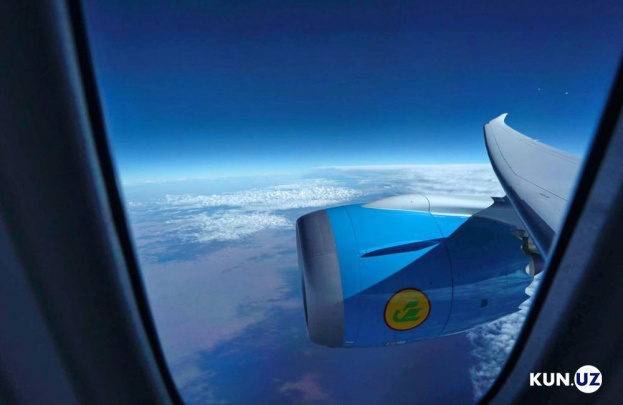
16:26 / 11.12.2025
Drone attacks disrupt flights between Uzbekistan and Russia
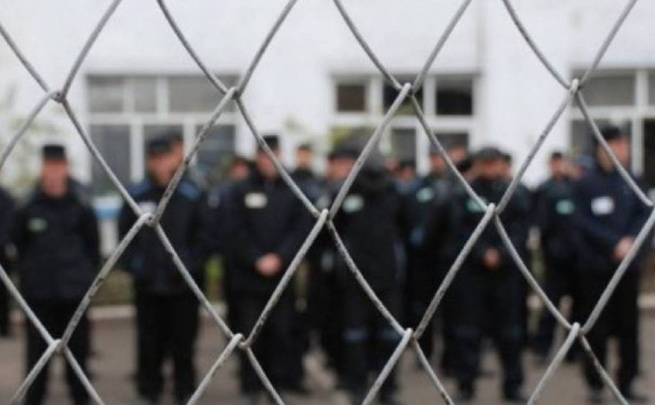
12:41 / 08.12.2025
President Mirziyoyev signs decree pardoning 615 inmates
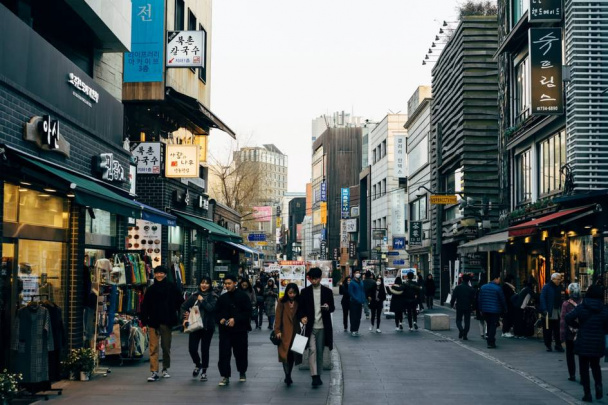
19:12 / 04.12.2025
South Korea offers voluntary exit option for Uzbek migrants without legal status
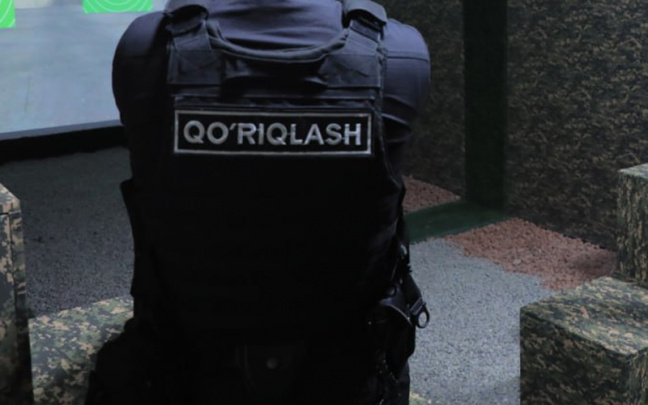
13:41 / 01.12.2025



